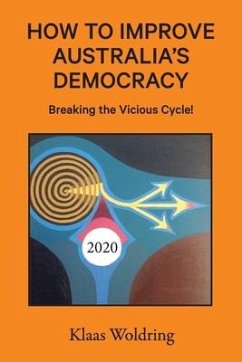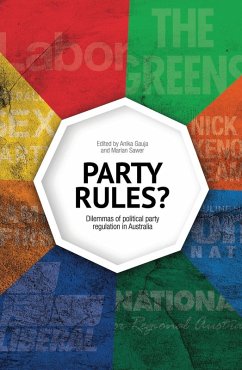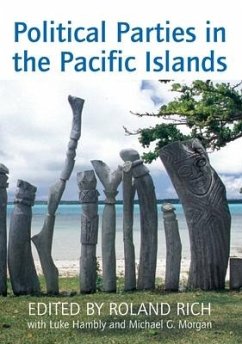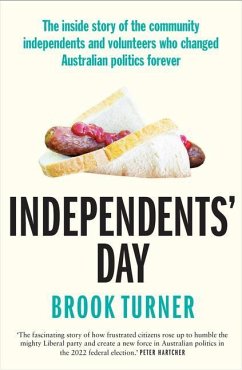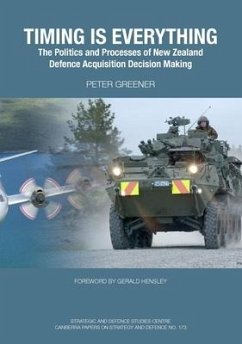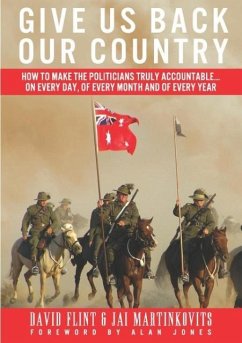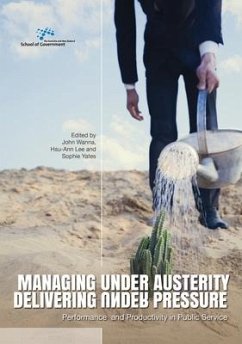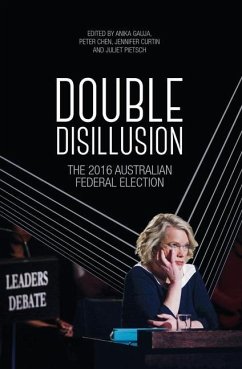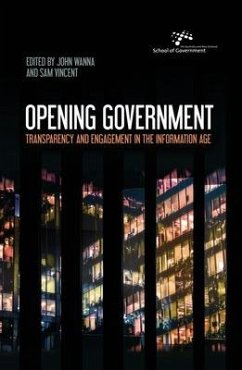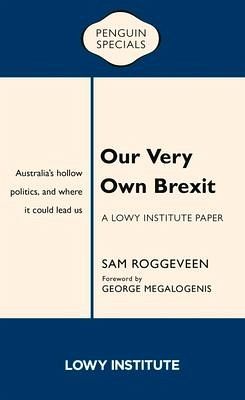
Our Very Own Brexit: Australia's Hollow Politics and Where It Could Lead Us

PAYBACK Punkte
6 °P sammeln!
How did Australian politics get so weird? This book argues that Australia is part of a major shift happening across the world's democracies. Pundits say populism is the big new danger, but they're wrong. Political parties are at the core of democracy, yet all over the West, big parties are hollowing out: losing members, voters and the support of key interest groups. Australia is no exception. Our major parties have lost their connection with the public, and with history. As parties weaken, they become less stable, hence Australia's leadership coups. They also become more vulnerable to demands ...
How did Australian politics get so weird? This book argues that Australia is part of a major shift happening across the world's democracies. Pundits say populism is the big new danger, but they're wrong. Political parties are at the core of democracy, yet all over the West, big parties are hollowing out: losing members, voters and the support of key interest groups. Australia is no exception. Our major parties have lost their connection with the public, and with history. As parties weaken, they become less stable, hence Australia's leadership coups. They also become more vulnerable to demands from the political fringes, which is why David Cameron couldn't resist Britain's Eurosceptics. Could Australia have a Brexit moment? Yes. If one of Australia's big parties succumbs to fringe pressure on immigration, Australia too could make a political break from the continent it flanks.




